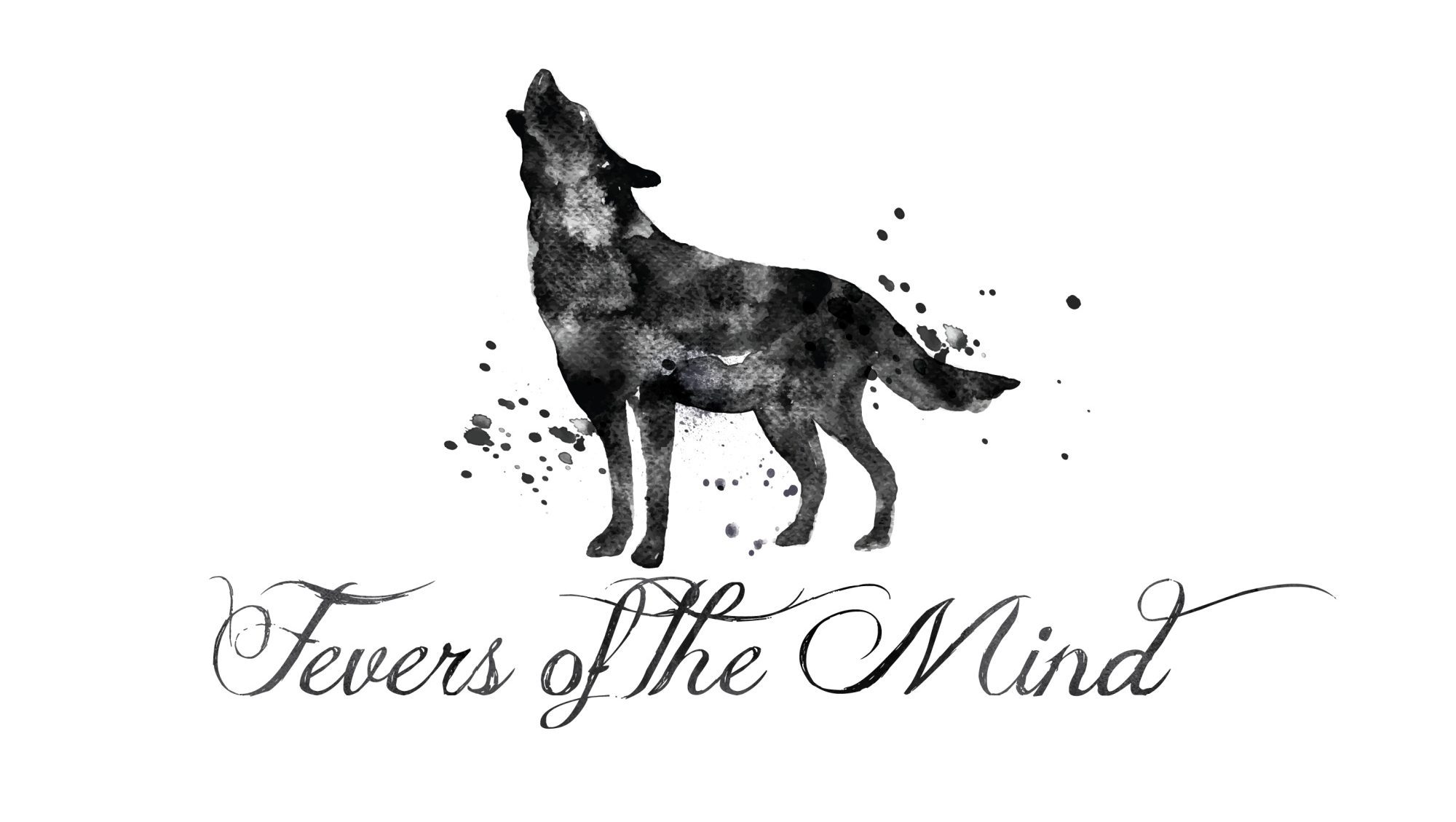Bio: J.D. Isip’s full-length poetry collections include Kissing the Wound (Moon Tide Press, 2023) and Pocketing Feathers (Sadie Girl Press, 2015). His third collection, tentatively titled I Wasn’t Finished, will be released by Moon Tide Press in early 2025. J.D. lives in Texas with his dogs, Ivy and Bucky.
MJ & the Elephant Man
Imagine having to say out loud, “I am not an animal”—
to other homo sapiens, “I am a human being!”
Only place will take you is a place where you are the show
for coins and a bag of peanuts, some toss to you, some
thinking to be cruel, some thinking themselves kind.
It’s where you started wearing a hat and a mask. No wonder
he was obsessed, why he wanted to buy your bones (they say).
He’d had brothers, they were all the show once, but then
it was just him who kept on changing like Proteus, morphing
into other versions of himself, some people tossed him
their kids, for days, whole weekends, whole weeks
thinking themselves kind, thinking up ways to be cruel.
The things people said, people say, people are animals,
you make them feel, give a thrill, they won’t leave you alone.
Friend of the Monster
I felt like I was stitched together by what everyone else said about me.
Tim Keller, “Discovering How to Pray”
On his knees, praying for a friend in his terrible loneliness,
the blind man reaches out and touches monstrous flesh, patchwork
of cadavers, of lives like his own, anonymous and empty. “Stay,”
he begs the monster not for his life, not like the others, but for his
company, for a companion in the darkness, someone to sing to.
Believing in what we cannot see is a survival instinct. “Cling,”
they say of the blind, of our faith, spit out in derision, a curse
“They cling to their—” hope, faith, love, God, whatever accepts
the grip of our need, lets us be of use, lets us more than exist,
lets us matter, even asks us to sing to it, wants to hear us, wants us.
Frankenstein makes himself a monster. Who hasn’t been so alone?
Even Christ himself, desperate for fellowship, gathers what lives
he can, asks three to follow him to a garden, in the dark, “Wait,”
he says, knowing they won’t, knowing another is gathering silver;
“This flesh is weak, it’s true,” he reasons, “But their friendship?
I’d die for that.”
Why are you weeping?
There’s always some version of this tale
making its rounds. A window seat picture,
sunlight bursting through cumulous clouds,
here a hand, there a beard, enough despair
or desire, one can make out two feet, toes,
everything is underlit like a pot on the fire,
its effusive eruption an ineffable likeness,
then cirrus, cirrostratus, mercy and grace,
gone to cyan, to azure, to twilight,
to night pierced in stars, and a lily
moon, like a stone, rolls away.
What You Catch
I was never afraid before you showed up.
Bill, The Last of Us
It catches you off-guard how easily he got in
past the barricades and traps, the flamethrowers
and the carefully placed trips and triggers,
a man in a hole waiting for a hand or a bullet.
We’ve fallen in love with dystopias for years
because we were looking for a reason to live
through the everyday wastelands, our zombie
days and fungal existence persists in shadows.
You’ve survived the loneliness, the jackboot
government fucks, and, miraculously, a once-
in-a-century pandemic. “Living in,” Ronstadt sang,
“a love that never was.” Then he falls into the pit
you dug, looks like someone you’d want, want to
help up. You get a ladder, everyone in this world
wants to kill you, you know, but you let it down.
People are mad your lives didn’t move the story along.
Two men giggling like girls in a patch of strawberries
“I can’t say you hurt me,” They grow old, these men
we never were, finally die, “When you never let me
near…” Together in this rotting and murderous world.
The Day You Failed at Gumbo
And you were suddenly out of my ken, hurtling
towards the ever-receding ground,
into the maw
of a shimmering green-gold dragon.
Paul Muldoon, “Gathering Mushrooms”
I pictured Mrs. Dalloway preparing for her dinner guests, the polka-dot
skirt—the only skirt you ever hung up or pressed—the good wig, a new coat
of cranberry frost polish a little messy at the cuticles, fingers strumming
tomatoes, yellow onions, the pestle you’d been meaning to buy since
New Orleans and the cooking class we almost missed, but, as always
they were lucky you made it to laugh honestly, gush over the demo,
the beer, even the rice scooped into perfect little mounds—you turned
to me, it looked so much like joy that shade we call escape, said maybe
you’d try to make it when you got home, and you’d take some pictures
but only if it came out right, and you’d only send them to me, a secret
like how lonely it was becoming now that your son was growing, now
that you had to start living after “the only thing you ever had to do” was done and there was a little too much of you in him, a little too much bitterness, an imbalance, plus they always love the parent who gave a little less more, and there’s a point in the cooking when you can’t save it, you can’t
add more of this, and certainly can’t take back what is already there—
there’s a point, maybe when the wig was slipping, when the skirt was smeared, when you told yourself a child was all you’d ever need and he told himself a mother was the only thing you were, no work or friends, nothing to thin it. Just green pops of parsley like setting off fireworks at the end of the world.
